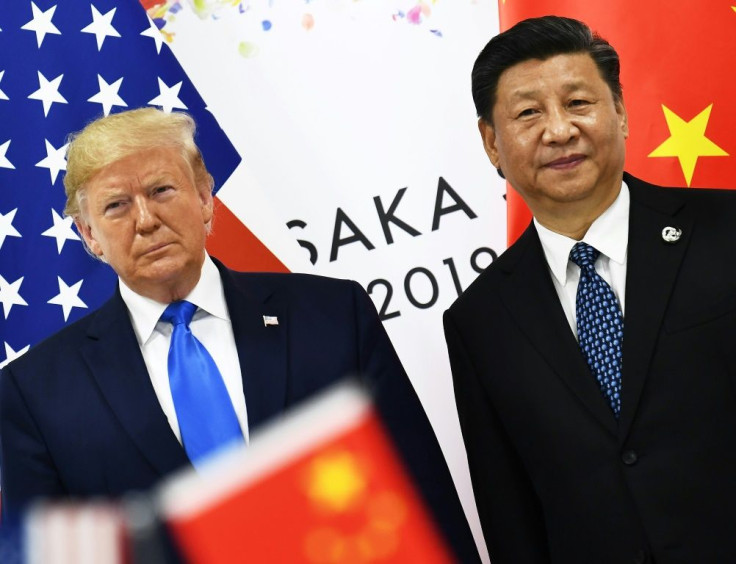US Must Prepare For Military Conflict With China, Pentagon Official Warns

A senior Pentagon official has warned that China’s military buildup over the last decade now poses a global threat and that the U.S. must prepare for possible military conflict with the Communist nation of nearly 1.5 billion people, 25% of the world’s population.
That official is Chad Sbragia, deputy assistant secretary of defense for China, who said on Thursday, “The stakes of the challenge of conflict with China…. are formidable. This is a long-term process. We have to be agile, smart.”
Sbragia added that the U.S. must prepare for any war with China by developing new weapons, strengthening ties with allies and improving the Pentagon’s efficiency. He suggested that more hypersonic weapons, artificial intelligence, robots, and laser weapons be added to the nation’s arsenal to “build and deploy a more lethal, resilient joint force”.
The deputy assistant also testified to the US-China Economic and Security Review Commission that another priority of the Defense Department is to bolster existing alliances and attract new partners.
This, he argued, would give the U.S. an “asymmetric” advantage due to its numerous treaty partners, strong diplomatic ties, and its free and open borders that Beijing lacks in comparison.
The problem with the Pentagon trying to strengthen allies and find new ones is that U.S. President Donald Trump’s “America First” policies, his use of tariffs and withdrawing from multilateral agreements have irked some long-time allies. Some allies are willing to go along with any U.S. policy if Washington pays the bill. But now that they are expected to pay their “fair share”, they are not so anxious to do so.
The “formidable challenge” facing any opponent of China is the People’s Liberation Army (PLA) with about 2 million uniformed members. Sbragia described Beijing’s accelerated buildup of missiles, warships, aircraft, space weaponry and cyber capabilities under President Xi Jinping as “one of the most ambitious military modernization efforts in recent history.”
China’s actions concerning the Covid-19 or coronavirus has given observers the chance to gain some insight on China’s ability to mobilize the PLA in a crisis and apply that insight as to how the PLA would be deployed in a military battle. The PLA was dispatched to help Beijing fight the epidemic and it is not yet known how well it has performed.
Sbragia backed off the idea that a U.S.- China war is inevitable. He stressed, “Competition with China does not mean confrontation, nor must it lead to conflict,” and added that Washington hopes to maintain a “constructive, stable and results-oriented defense relationship” with Beijing.
© Copyright IBTimes 2025. All rights reserved.





















